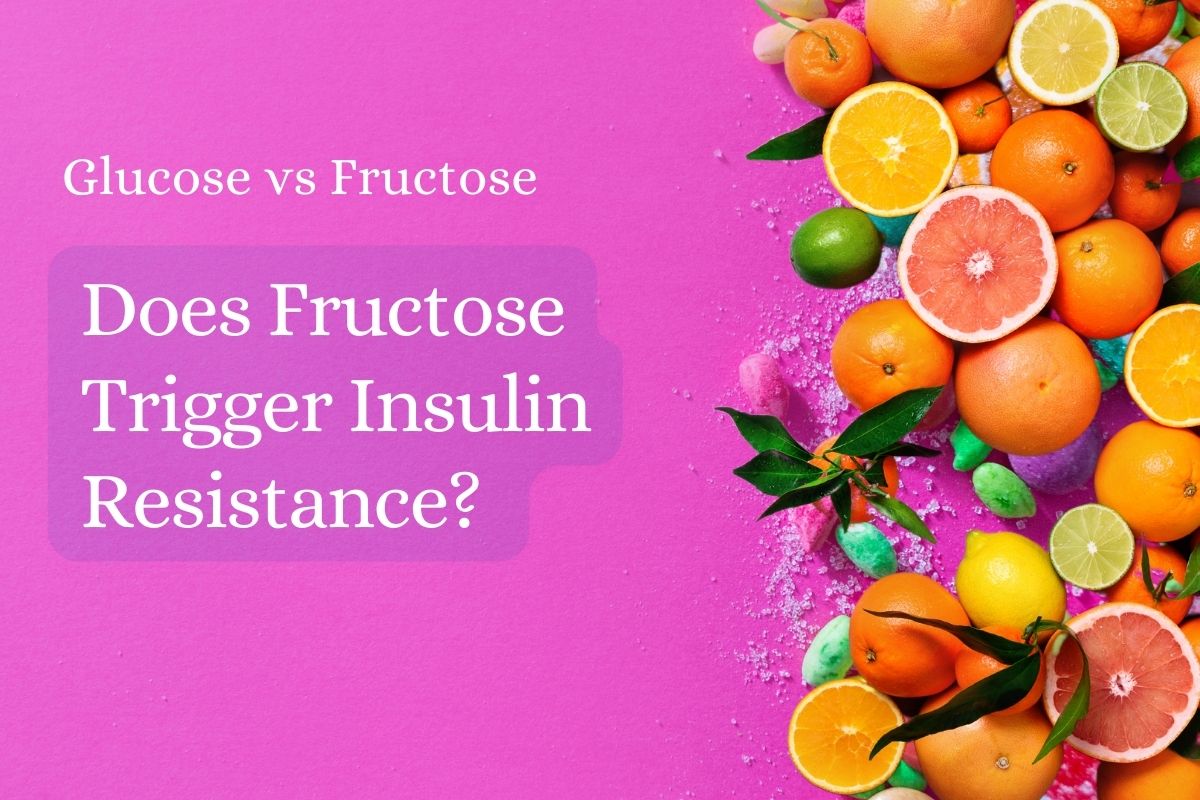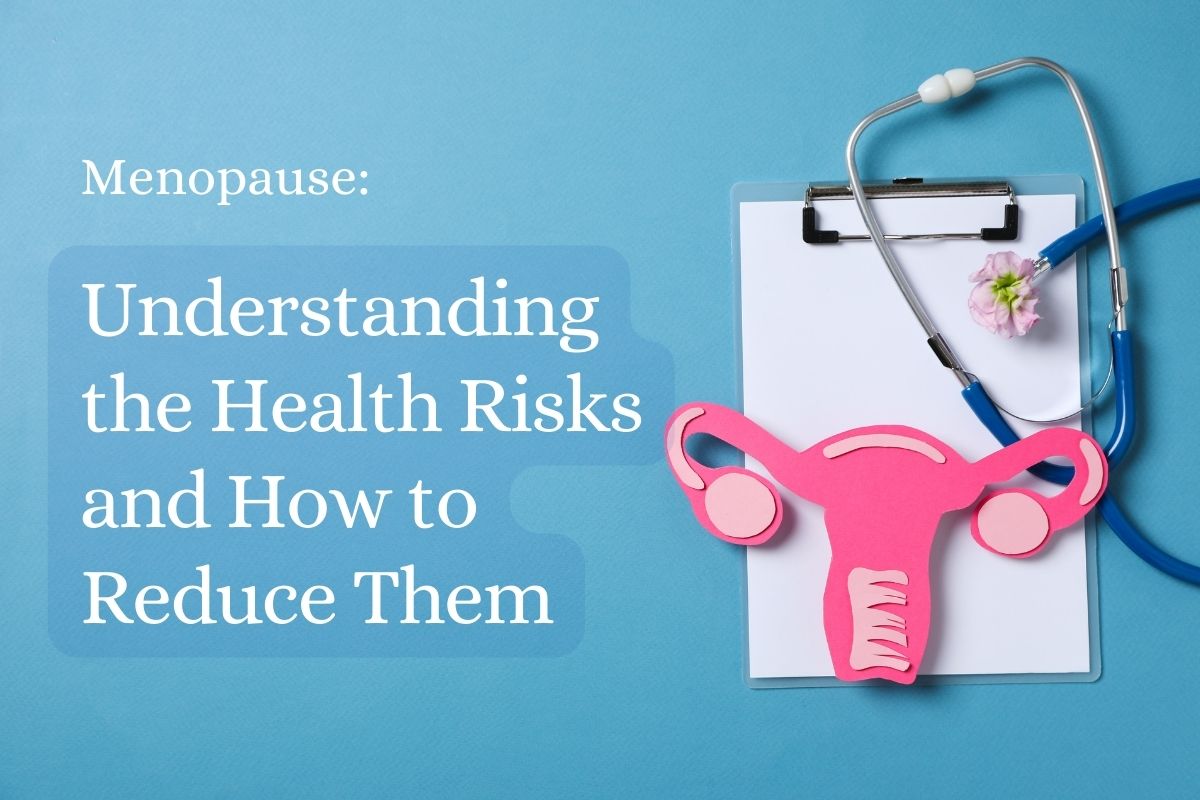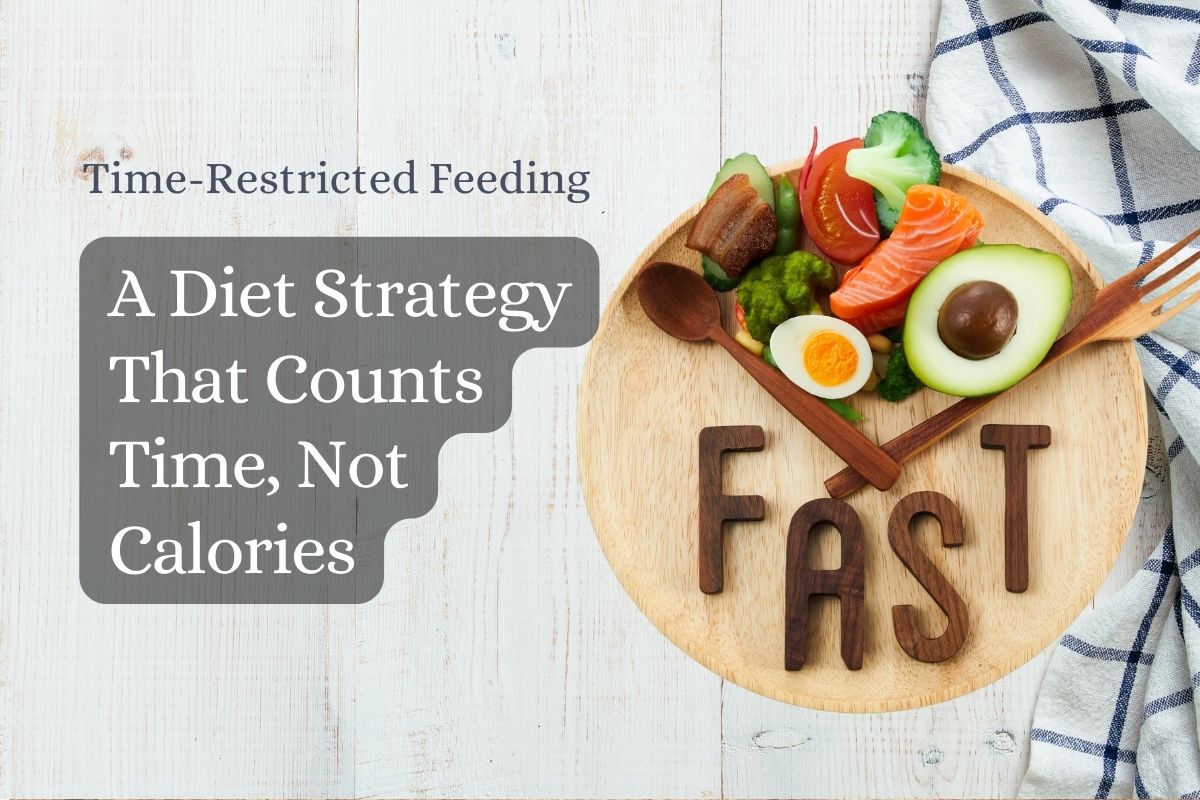Menopause is a natural transition that all women go through. It is marked by the end of menstruation and the decline in reproductive hormones. Menopause typically occurs between the ages of 45 and 55, but it can happen earlier or later.
The changes that occur in the body during menopause can have a significant impact on women’s health. Some of the most common symptoms of menopause include hot flashes, night sweats, vaginal dryness, mood swings, and sleep problems. Menopause can also increase the risk of certain health conditions, such as cardiovascular disease, osteoporosis, and Alzheimer’s disease.
The health risks associated with menopause:
- Cardiovascular disease: Menopause can increase the risk of cardiovascular disease by increasing cholesterol levels and blood pressure.
- Osteoporosis: Menopause can increase the risk of osteoporosis, a condition that causes bones to become weak and brittle.
- Alzheimer’s disease: Menopause may increase the risk of Alzheimer’s disease, a neurodegenerative disease that causes memory loss and cognitive decline.
The potential benefits of certain foods and nutrients for reducing the health risks associated with menopause.
Some of the foods and nutrients for reducing risks:
- Soy: Soy contains isoflavones, which are plant compounds that have estrogen-like effects. Isoflavones may help to reduce the risk of cardiovascular disease and osteoporosis.
- Calcium: Calcium is essential for bone health. Women who are going through menopause should make sure to get enough calcium in their diet.
- Vitamin D: Vitamin D helps the body absorb calcium. Women who are going through menopause should make sure to get enough vitamin D in their diet or through sunlight exposure.
In conclusion, a healthy diet and lifestyle can help to reduce the health risks associated with menopause. Women who are going through menopause should eat a healthy diet, exercise regularly, and avoid smoking.
Reference
prekure.com/the-impact-of-menopause-on-womens-health/







